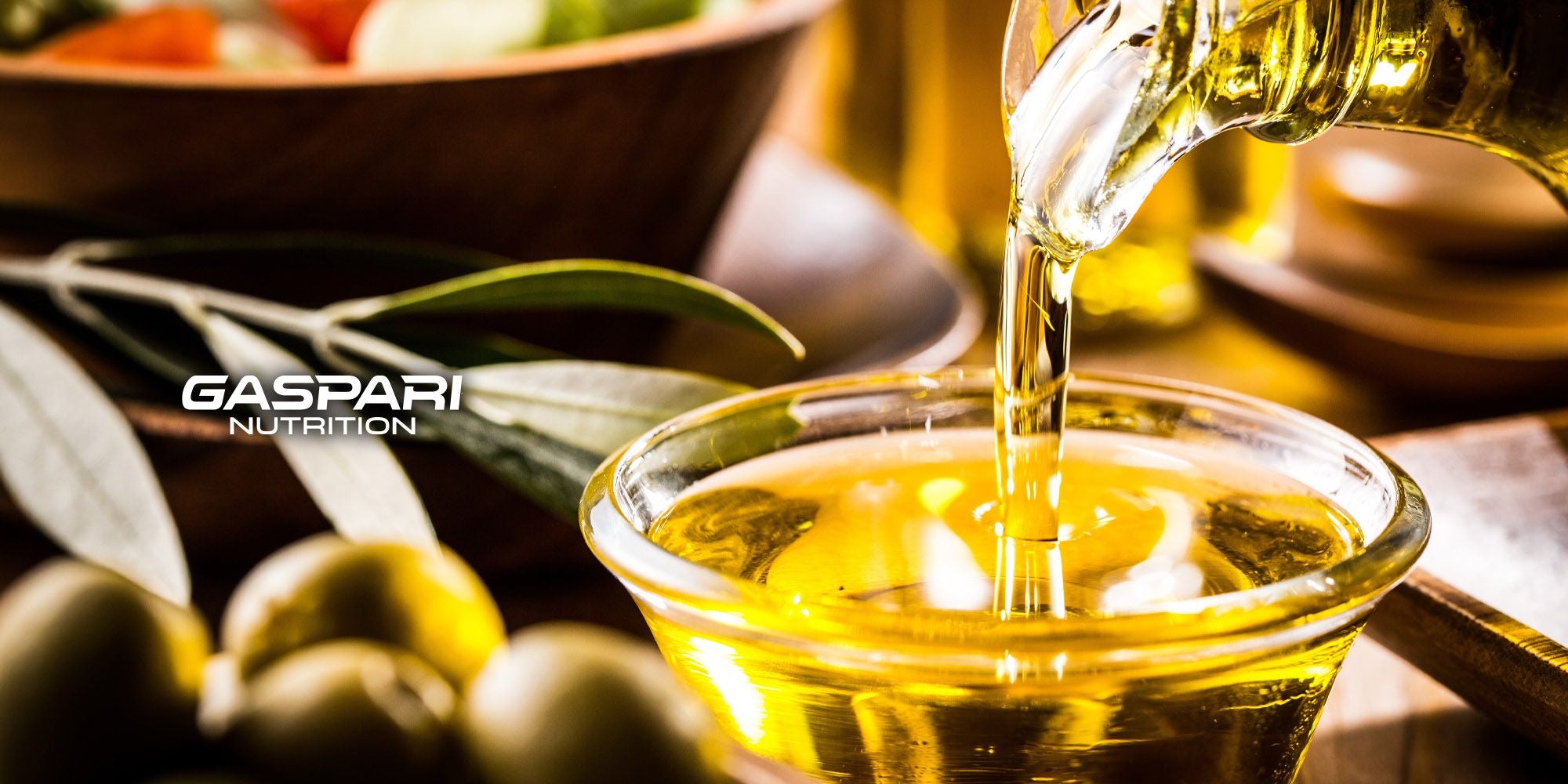The term “snake oil” has long been associated with any dietary supplement that made health claims, usually devoid of proven supplement facts, of their product. The concept goes back to the pioneer days, when a traveling salesman hawked an anti-inflammatory, made from a proprietary blend that contained actual Chinese water snakes. Based on today's supplement facts, the stuff worked. High in omega-3 fatty acids from the snakes, daily supplements made from the snake oil actually reduced inflammation and eased the symptoms associated with arthritis. It wasn't long until an enterprising pitchman decided to make his own snake oil and travel town to town selling it. However, due to the paucity of Chinese water snakes being raised in the boom towns of the wild west, his proprietary blend used rattlesnakes. This of course was devoid of any scientific fact that would demonstrate that the rattlesnake supplement represented a reasonable facsimile for the original brand with the Chinese snakes. He made a show of it though. His sales pitch reportedly included taking a live rattler out of a sack, slitting it open and dropping it into a pot of boiling water. Little to none of the rendered snake made it into the bottle though. It was filled, mostly, with nothing more than mineral oil. Thus giving birth to the “snake oil salesman.”
Today, claimed benefits of dietary supplements have to follow guidelines spelled out in the dietary supplement regulations contained in the Dietary Supplement Health and Education Act of 1994 (DSHEA).
From what's contained in “proprietary blends,” marketing and label claims, claimed supplement facts, and more, are subject to dietary supplement regulation under DSHEA.
Since DSHEA's genesis in 1994,
the FDA has taken an ever increasingly active role in regulating dietary supplements. This makes snake oil label claims much more difficult today.
Copy and content writers have to be extremely careful when choosing their words so as not to make “drug-like” claims; claims of a “cure” for any kind of illness or disease, or basically, any definitive claim that the product does anything specific. Because, if it did, it would be a drug. And therein lies the rub.
Today, dietary supplement manufacturers are relying on the very same kind of peer reviewed and published scientific literature to formulate their dietary supplements as the drug companies use to support their drug formulas. Effectively, however, the Food and Drug Administration (FDA) classifies supplements as “foods,” while the chemicals derived from that exact food are considered drugs. A good example is that valerian root extract is sold (legally in the health food store) as a dietary supplement that “might help you relax and fall asleep,” while the valium derived from it is a drug, requiring a prescription (from a doctor who is registered with the Bureau of Narcotics and Dangerous Drugs (BNDD) to put you to sleep, and is listed under schedule three of the DEA's list of illegal drugs. In other words, you can go to prison for illegally possessing, trafficking and distributing it.
But, can you go to prison for making false health claims about your proprietary blends? Actually, you can and several people have. So, the snake oil element of claims made today of the health benefits of dietary supplements is pretty minimal. There's always going to be an unscrupulous element to any industry; dietary supplements are no different. But, the industry is certainly not without regulation. As with anything you consider adopting, your daily supplements should be subject to scrutiny.
If you chose your supplements from companies with marketing promotions that suggest realistic expectations, based on credible science, then you'd be pretty hard pressed to consider you're buying snake oil.













































































Share:
It's not about the work. It's about the WORK.
Do Sports Nutrition And General Nutrition Have The Same Goals?